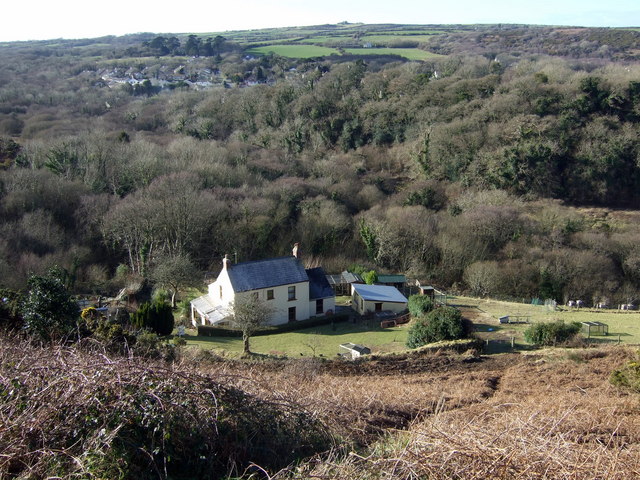How do we stay human in a technocratic age? How do we live rooted lives —spiritually and otherwise — in an unsettled time? How do we make sense of life in the modern world?
English writer Paul Kingsnorth has been exploring these questions for decades. Since his conversion to Christianity in 2020 (recounted in “The Cross and the Machine” at First Things), he has deepened his reckoning with our moment at his Substack, The Abbey of Misrule. Through a series of essays over the past year, he has been examining this age’s “Great Unsettling,” and the influence of the Machine on our lives.[1]
Login to read more
Sign in or create a free account to access Subscriber-only content.
Topics:
